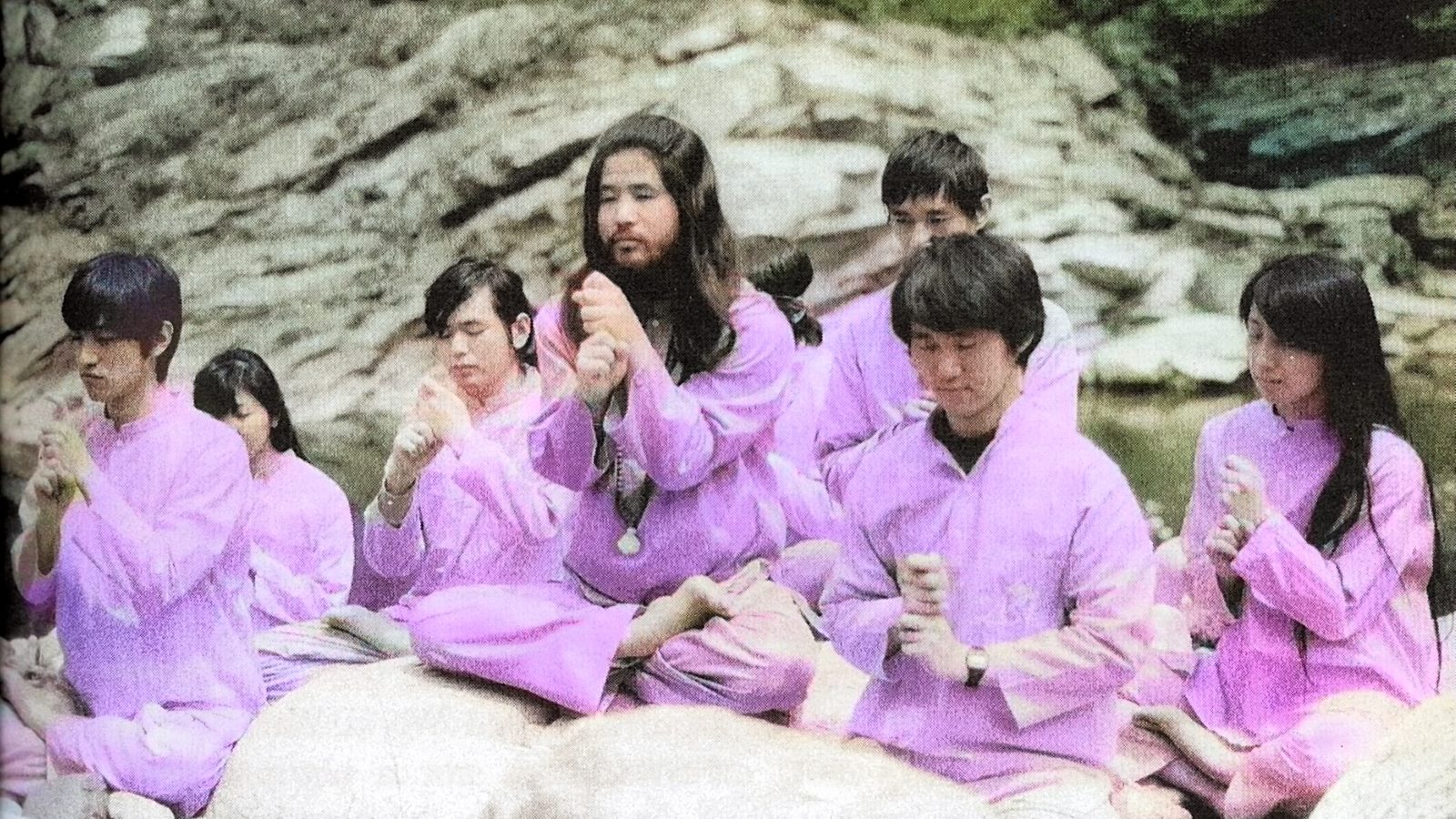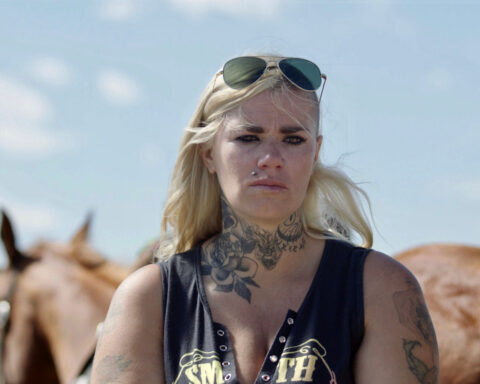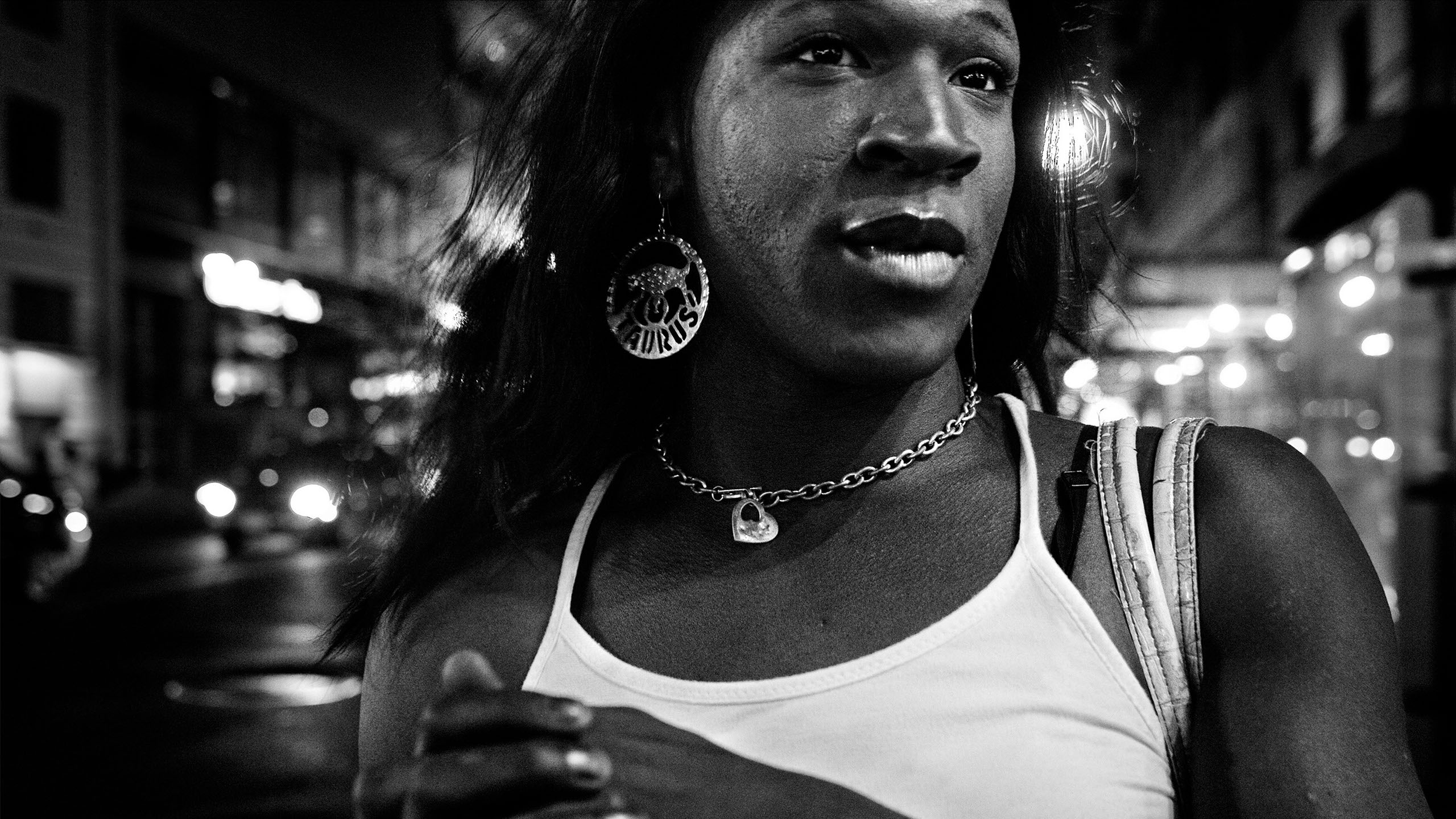AUM: The Cult and the End of the World
(USA, 106 min.)
Dir. Ben Braun and Chiaki Yanagimoto
Programme: U.S. Doc Competition
Japan in the 1980s was a happening place. The post-war economic boom, brought about by a capitalist fever contracted from the same America to which it surrendered, saw its rapacious financial success dominate globally. This was a time of flashy suits and 100+ hour workweeks. It was an era in which stereotypically hard working Japanese gave their days and nights to their jobs, only to party with equal abandonment at the few moments between sleep and returning to the office.
With a generation raised by parents who were scarred by everything that had come before, and the tumultuous social, political, and economic upheaval causing even more consternation for younger generations making sense of the new normal, the time was ripe for many people to find a spiritual path to make sense of the chaos.
When a myopic, long-haired Shoko Asahara started a Yoga school in the mid-1980s, it followed similar Hippie trends as America in the 1960s. His practice advocated for a physical and spiritual respite from churn of modern Japanese culture. As the boom turned to bust, and Japan’s seemingly endless rise deflated into a stagnation that would last throughout the 1990s, the followers of Asahara were soon subject to far darker ideas. Notions of the apocalypse and general anti-society precepts were drummed into a growing ensemble by their improbably charismatic guru.
It’s with this darker tale that Ben Braun and Chiaki Yanagimoto begin with clips from the 1995 Sarin gas attack on a Tokyo subway. As these elements are unpacked we witness not only the way that such cults develop in general, but the unique elements of Japanese culture and history that fostered this exact group to thrive at this exact moment. Furthermore, the filmmakers wisely tie the reticence of law enforcement to intervene not simply to incompetence but also to the shadows of the past. Religions were crushed in favour of state-mandated beliefs and, in this case, the desire for democratic inclusion and moral relativism resulted in death and carnage.
Told through talking head interviews, including one truly remarkable witness/perpetrator to the inner workings of the group, AUM: The Cult and the End of the World is a fairly straightforward yet engaging look at not only this specific cult, but also the mechanisms through which such groups develop. While the phenomenon is hardly unique to Japanese culture, we’re exposed to the unique cultural aspects that exacerbated the situation that are often opaque to outsiders who simply read the headlines in lieu of the full story.
Bouncing back and forth chronologically, AUM situates audiences well, while numerous contemporaneous news reports are contrasted with contemporary reflections. The “true crime” aspect is less interesting here than is the inquiry into how the mechanisms of state were allowed to be sidelined. The unanswered conspiratorial questions may in fact have a more lasting effect, as it’s unclear just what lessons were implemented to prevent such egregious actions in the future.
AUM is both a cautionary tale and a reflection back on a Japan that’s still recovering from the spasms of that time, a nation that continues to balance its long traditions with its modern impulses, finding its way navigating between the poles of its giant neighbour and its former military protectorate. With rockets launched from nearby North Korea, through to the vagaries of American support through to Chinese incursions into territorial waters, coupled with declining birth rates and long periods of economic and political instability, there’s still much to be concerned about externally from this storied land.
AUM points to where the downfall began in Japan’s postwar phase, where the dreams of truly leaving behind some of the horrors of the past came back to bite. While the film may present these elements in a relatively straightforward fashion free from cinematic flourish, it’s still an important enough story, one clearly told, that makes this film a deserving tale well worth your time.














